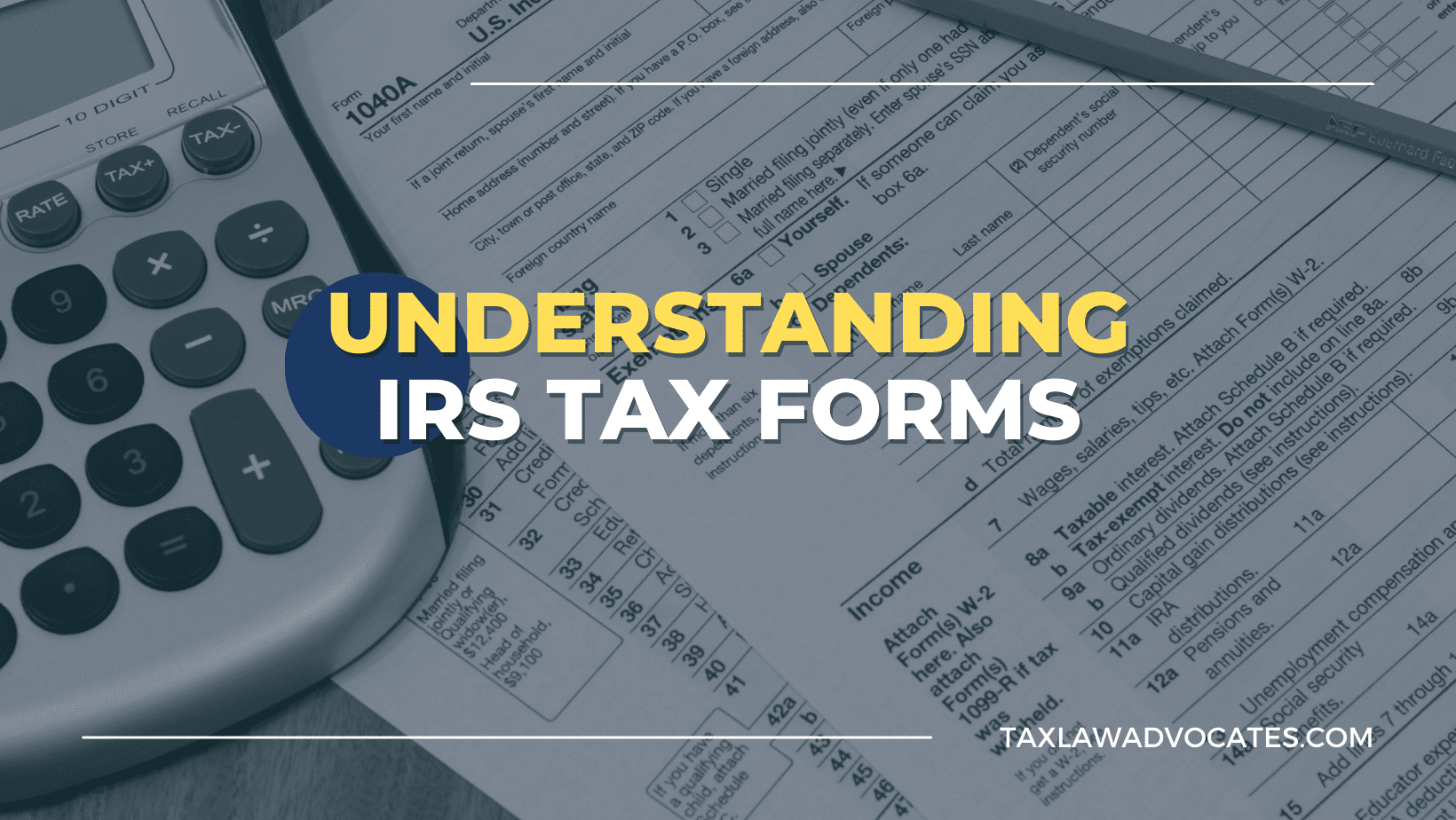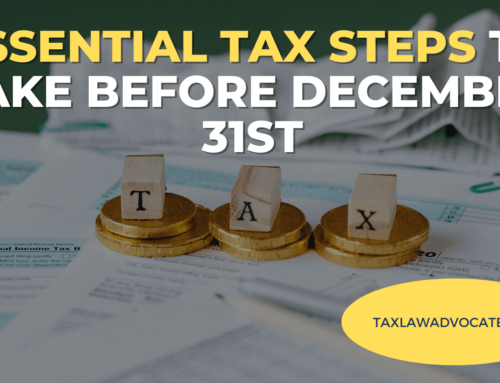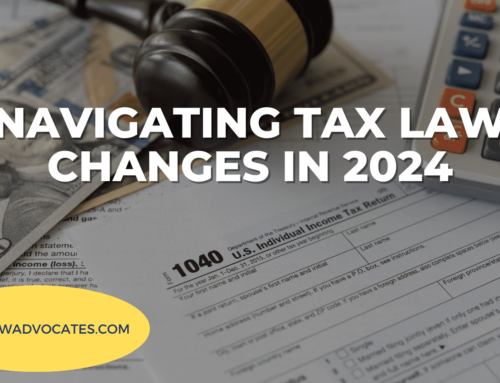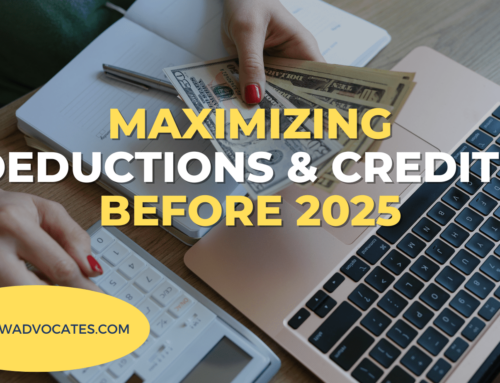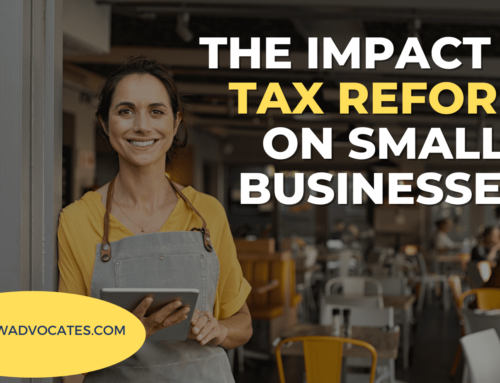IRS Form 1099-K is a tax form used by the Internal Revenue Service (IRS) to report certain payment transactions made through credit card, third-party network transactions, or other payment processors. It is an important form for individuals, small business owners, and independent contractors who have received payment through these channels. In this article, we will discuss who needs to receive a Form 1099-K, where to get it, how to use it, and answer some common questions related to this form.
Who Needs to Receive a Form 1099-K?
Form 1099-K is required to be issued by payment settlement entities (PSEs) to individuals, small business owners, and independent contractors who have received payment transactions through credit card, third-party network transactions, or other payment processors. If you have received payment transactions totaling over $20,000 and over 200 transactions through these channels in a tax year, you should receive a Form 1099-K.
Where to Get Form 1099-K?
Form 1099-K is issued by the payment settlement entity (PSE) and should be mailed to you by January 31st of each year. If you do not receive a Form 1099-K, you should contact the PSE for a copy. You can also request a copy from the IRS, but it may take several weeks for the IRS to provide it.
How to Use Form 1099-K?
Form 1099-K provides the total amount of payment transactions received through credit card, third-party network transactions, or other payment processors in a tax year. This information is used to report taxable income on your tax return. It is important to note that the information reported on Form 1099-K is only for reporting purposes and may not reflect the actual amount of taxable income you received. You may need to reconcile the information reported on Form 1099-K with your own records to determine the correct amount of taxable income.
Common Questions About Form 1099-K
What if I disagree with the information on Form 1099-K?
If you disagree with the information reported on Form 1099-K, you should contact the PSE to resolve the issue. If the issue cannot be resolved, you should still report the information as shown on Form 1099-K and provide an explanation of the discrepancy on your tax return.
Do I need to attach Form 1099-K to my tax return?
Yes, Form 1099-K should be attached to your tax return and used to report taxable income received through credit card, third-party network transactions, or other payment processors.
What if I did not receive a Form 1099-K but received payment transactions through credit card, third-party network transactions, or other payment processors?
If you did not receive a Form 1099-K but received payment transactions through credit card, third-party network transactions, or other payment processors, you should still report the income on your tax return. You can use your records to determine the amount of taxable income received and report it on your tax return.
What happens if I don’t report income from Form 1099-K?
If you don’t report income from Form 1099-K, you may face penalties and interest charges from the IRS. It is important to report all taxable income accurately and promptly to avoid any potential issues with the IRS.
Consult A Professional With Questions
In conclusion, IRS Form 1099-K is an important form for individuals, small business owners, and independent contractors who have received payment transactions through credit card, third-party network transactions, or other payment processors. It provides the total amount of payment transactions received in a tax year and is used to report taxable income on the tax return. It is crucial to accurately report the information from Form 1099-K to avoid any potential penalties and interest charges from the IRS. If you have any questions about Form 1099-K, it is best to consult with a tax professional or seek guidance from the IRS. By understanding the requirements and guidelines for using Form 1099-K, you can ensure that you are in compliance with tax laws and minimize any potential issues with the IRS.
If you have questions about IRS payments or debt, particularly if this exceeds $10,000 in IRS debt, you should consider contacting one of our Tax Specialists today.

